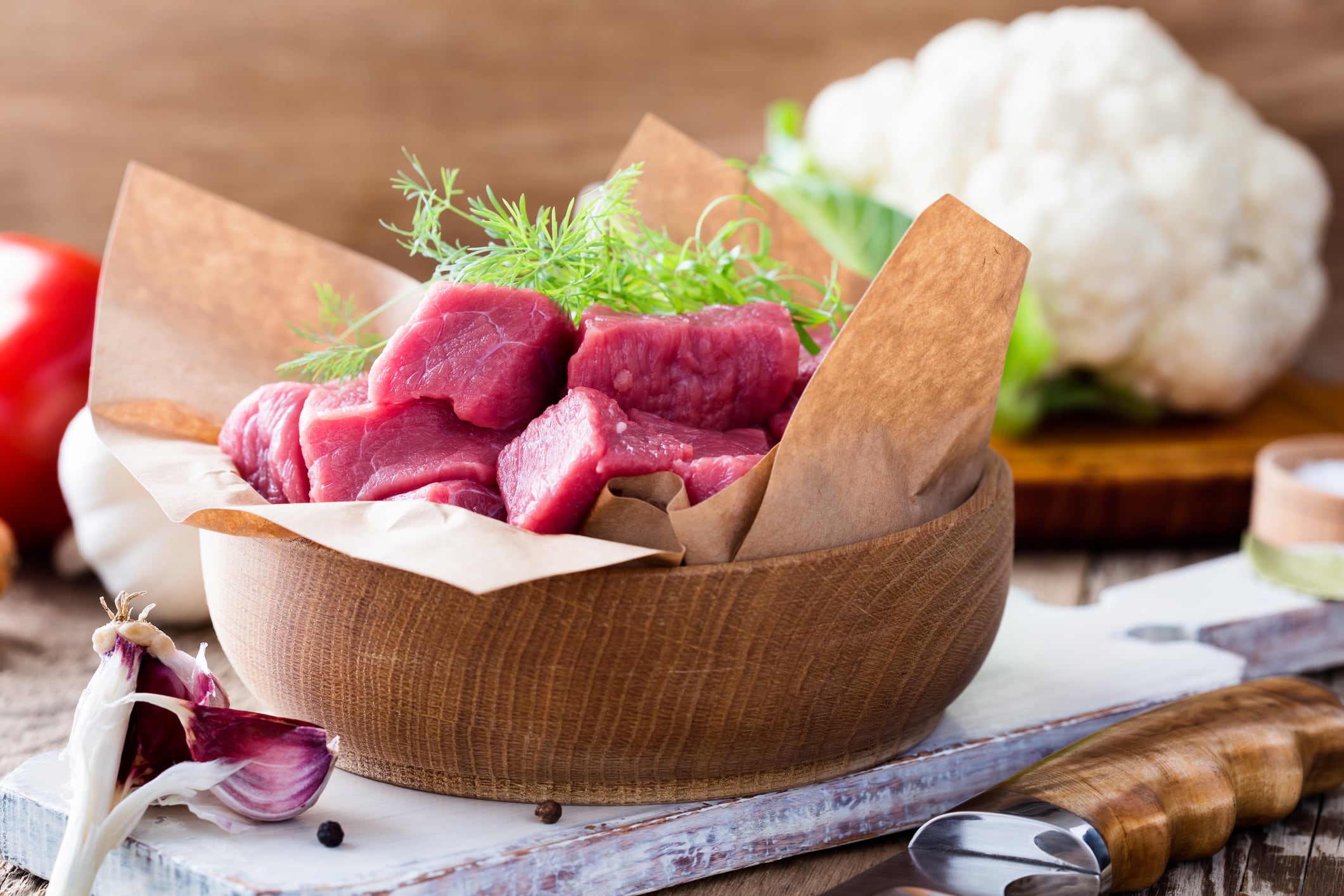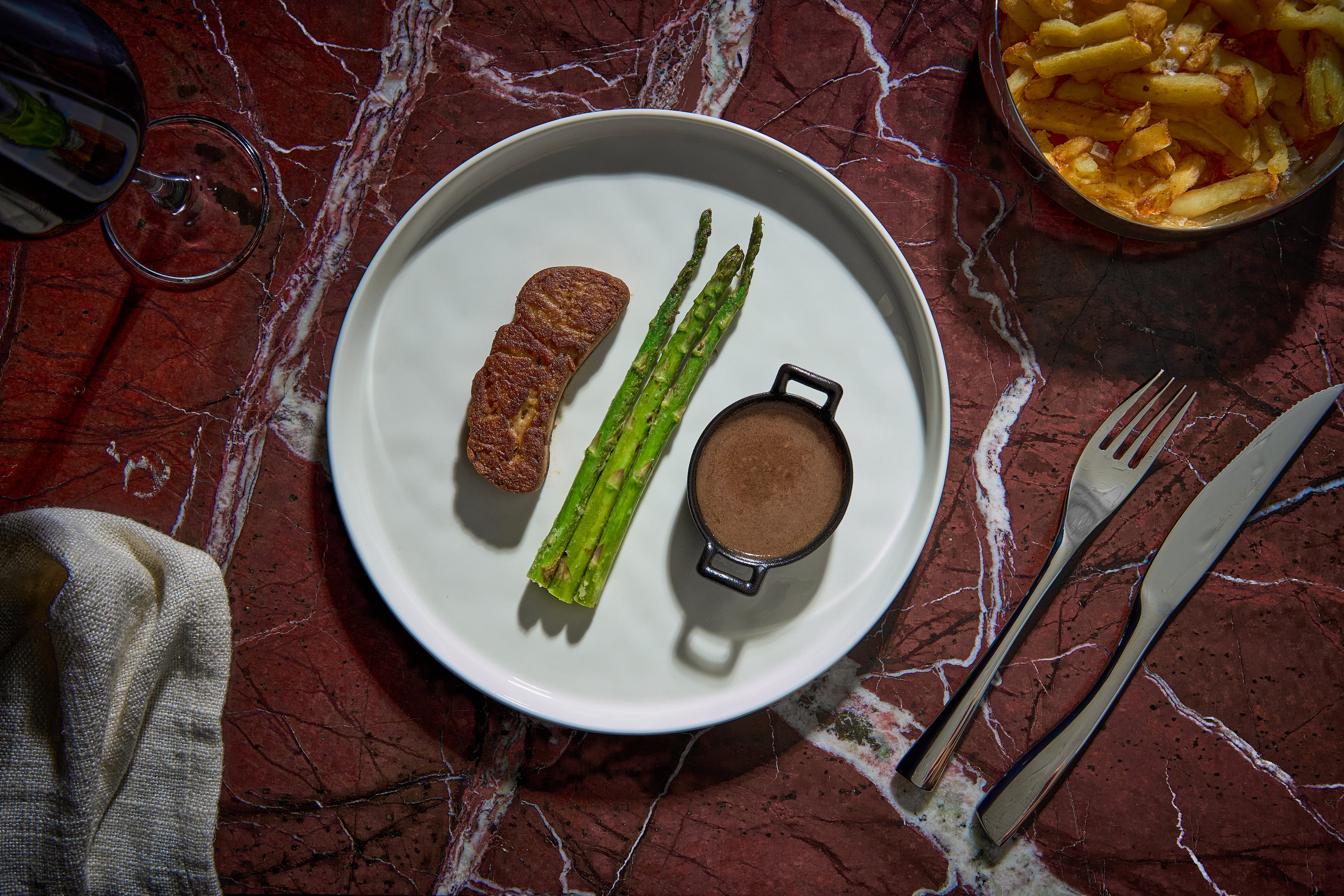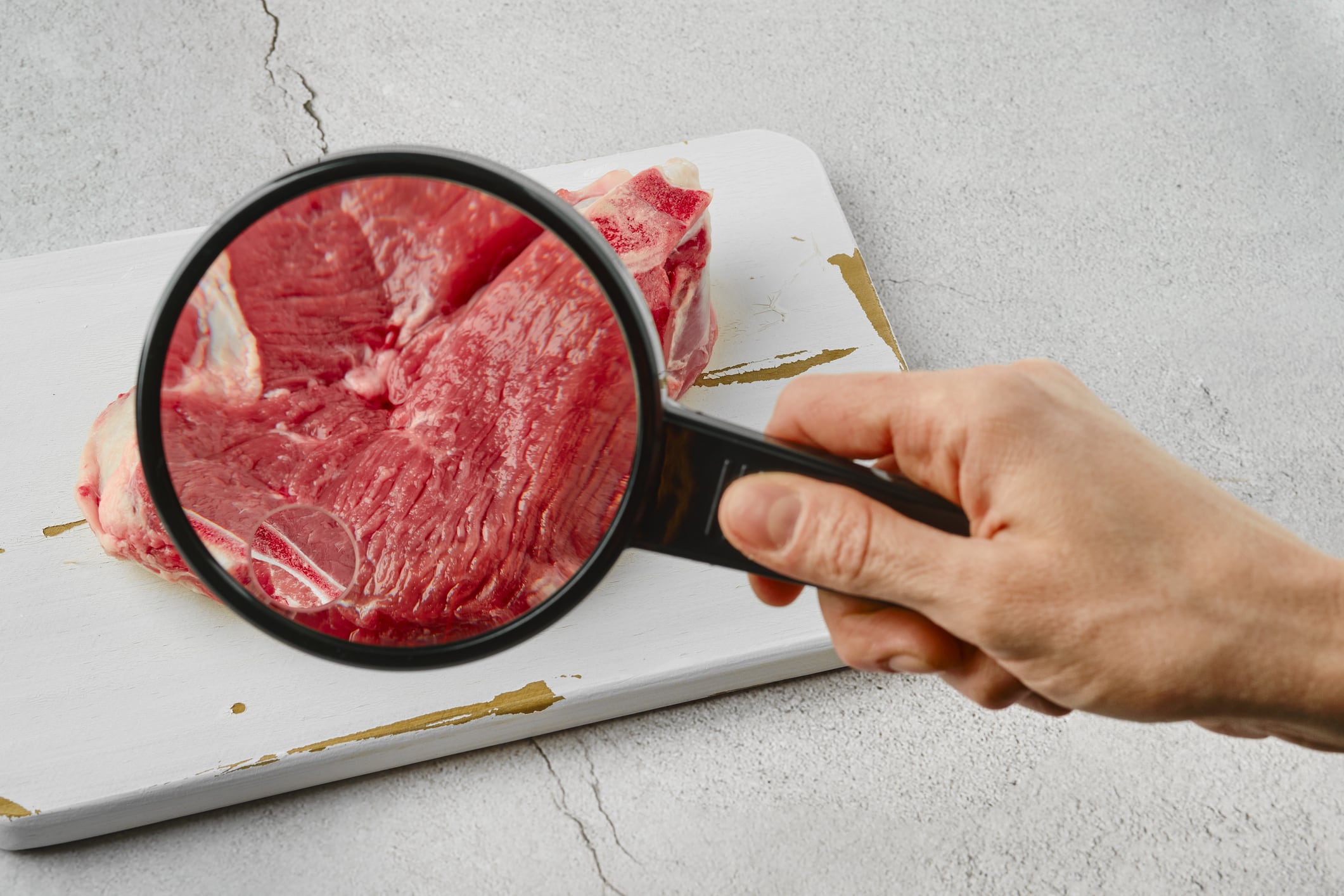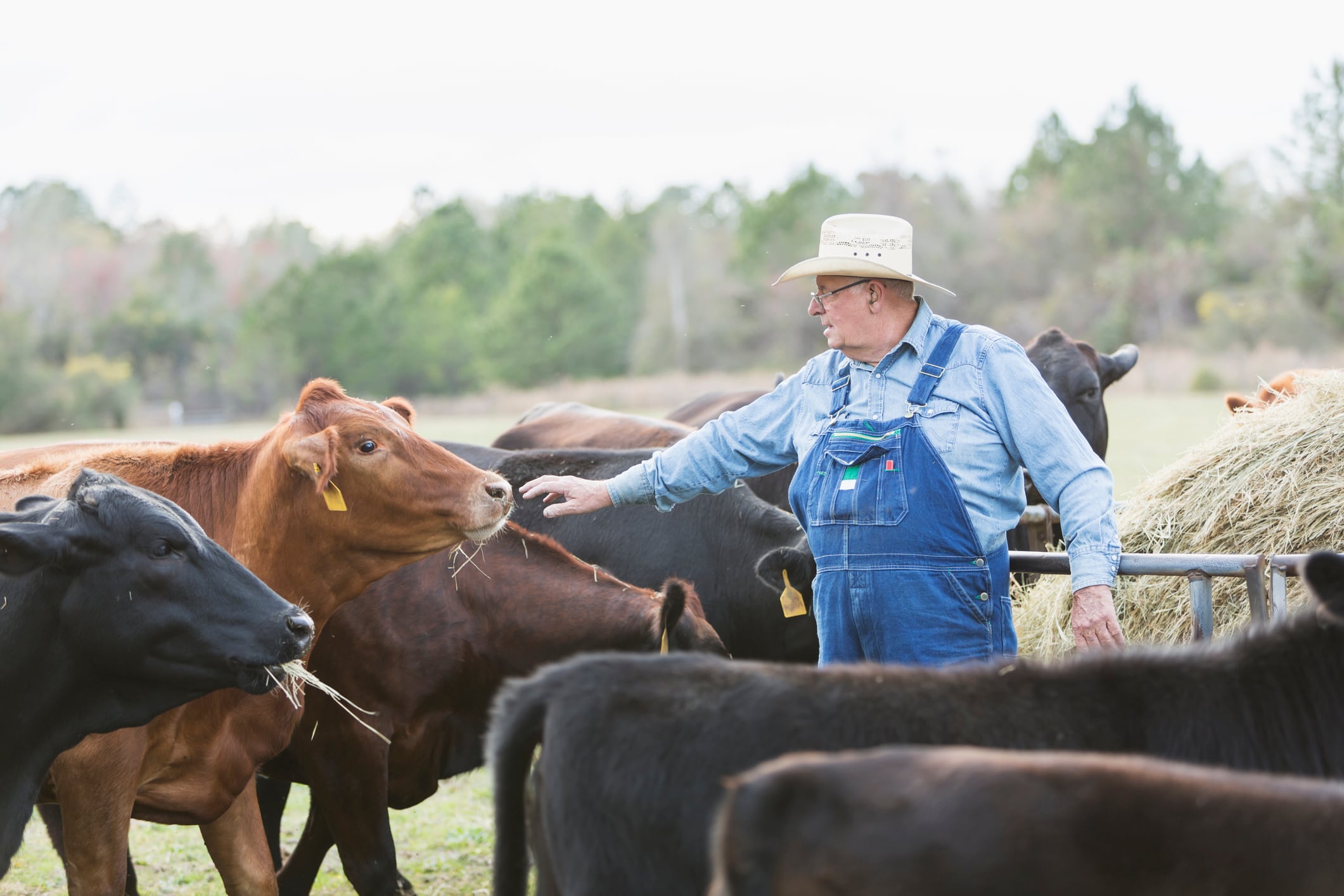Companies pioneering cultivated meat products for human consumption are fighting a new law in Texas that bans the sale of cultured meat.
California-based cultivated meat companies Wildtype and UPSIDE filed a lawsuit on Tuesday in the US District Court of the Western District of Texas, arguing that Senate Bill 261, which Texas Gov. Greg Abbott signed into law in June and went into effect on Sept. 1, is unconstitutional.
That law bans the sale of cultivated meat for two years in the state and imposes administrative and civil penalties of up to $25,000 per day and up to a year in jail.
Texas is the seventh state to ban cultivated meat, following Alabama, Florida, Indiana, Mississippi, Montana and Nebraska.
Texas & Southwestern Cattle Raisers Association applauded the legislation in May, following the Texas House of Representatives’ passage of the bill.
“Ranchers across Texas work tirelessly to raise healthy cattle and produce high-quality beef,” Texas & Southwestern Cattle Raisers Association President Carl Ray Polk Jr said in May. “Our association is grateful for those legislators who voted in support of this legislation and understood the core of this bill, to protect our consumers, the beef industry and animal agriculture.”
Lawsuits question cultivated meat ban constitutionality
The parties filing lawsuits in Texas and Florida are represented in both cases by the Arlington, Va-based libertarian public interest law firm Institute for Justice. The Institute for Justice argues that the laws aim to unfairly protect one industry over another.
“Make no mistake, this law has nothing to do with protecting public health and safety and everything to do with protecting conventional agriculture from innovative out-of-state competition,” Paul Sherman, a senior attorney at the Institute for Justice, said in a press conference Wednesday.
Sherman added that Texas lawmakers “absolutely made no secret” of the notion that the bill aimed to protect conventional agriculture.
The lawsuit contends that the law is unconstitutional in two ways: it violates both the Commerce Clause, which prohibits protectionist barriers from out-of-state-trade, and the Supremacy Clause, which establishes that laws enacted under the US Constitution by the federal government are supreme over state laws.
Sherman noted that no cultivated meat companies exist in Texas currently; therefore, the law prevents out-of-state companies from selling to consumers in the state.
The cultivated meat ban violates the Supremacy Clause because Congress has approved a wide variety of laws that regulate various markets, such as the interstate poultry market, he argues.
“One of them is the Poultry Products Inspection Act (PPIA), which specifically provides that states may not enact requirements, even non-conflicting requirements, regarding the ingredients in poultry products or the facilities or operations of the official establishments that produce them. Texas’s law does both,” Sherman argued. “To put it simply, the federal government has said that cultivated meat is safe and can be used as an ingredient in poultry products, and Texas has said, ‘No, it cannot.’ That is unconstitutional.”
Could Prop 12 come into play?
The lawsuit could face a potential hurdle from California’s Proposition 12 ballot initiative, which voters approved in 2018 and requires pork, veal and egg producers to adhere to heightened animal welfare standards and bans products from those that are out of compliance.
The National Pork Producers and American Farm Bureau Federation challenged the so-called Farm Animal Confinement Initiative and took the case all the way to the US Supreme Court, which upheld the law in 2023 in a 5-4 ruling.
It is unclear whether Prop 12’s ban in California could justify a ban on cultivated meat in Texas or help prove discrimination, but in the Supreme Court decision, Justice Neil Gorsuch wrote in the majority opinion that Prop 12 did not intentionally discriminate against out-of-state producers.
“Companies that choose to sell products in various states must normally comply with the laws of those various states,” Gorsuch wrote. “Assuredly, under this court’s dormant Commerce Clause decisions, no state may use its laws to discriminate purposefully against out-of-state economic interests.”
Cultivated meat still rare in Texas
Cultivated meat, which was first approved for sale by the US Department of Agriculture Food Safety and Inspection Service in June 2023, remains uncommon across Texas and the rest of the US.
A Congressional Research Service report noted that Upside Foods and GOOD Meat were the first to sell cell-cultivated chicken in the US, making their first transactions in July 2023 at restaurants in San Francisco and Washington, DC, respectively.
The industry still faces big hurdles getting consumers to try cultivated meat. According to a survey by EIT Food in 2024, only 26% of respondents said they would eat cultivated meat, and a mere 50% of vegetarians and vegans said they would do so.
Justin Kolbeck, founder and CEO of Wildtype, a cultivated seafood company in San Francisco, said OTOKO, a Japanese restaurant in Austin, Texas, was testing its cultivated seafood in its sushi, and sales of the product over the last month and a half were “actually very good” and “some of the strongest among the four partner restaurants that we have been selling to since we finished our FDA process in May.”
Cultivated meat around the world
While cultivated meat is just getting started in the US, the industry is growing in other countries across the globe, but Upside Foods founder and CEO Uma Valeti said in the Wednesday press conference that cultivated meat is an American innovation.
“We’ve led the formation of 200 companies across the world,” he said, adding that science coming out of the US has prompted several universities to launch undergrad, master’s and PhD programs with a focus on cultivated meat.
He said other countries could bypass the US in cultivated meat innovation and capture the industry.
“China is leading in a number of developments in this space, and it’s part of the five-year plan for China to really develop cultivated meat via manufacturing, and it’s really spreading outside the US,” he said. “This is our opportunity to continue to innovate, not be afraid of innovation. Although I understand the urge to ban us, I think we’ll be stronger together.”




